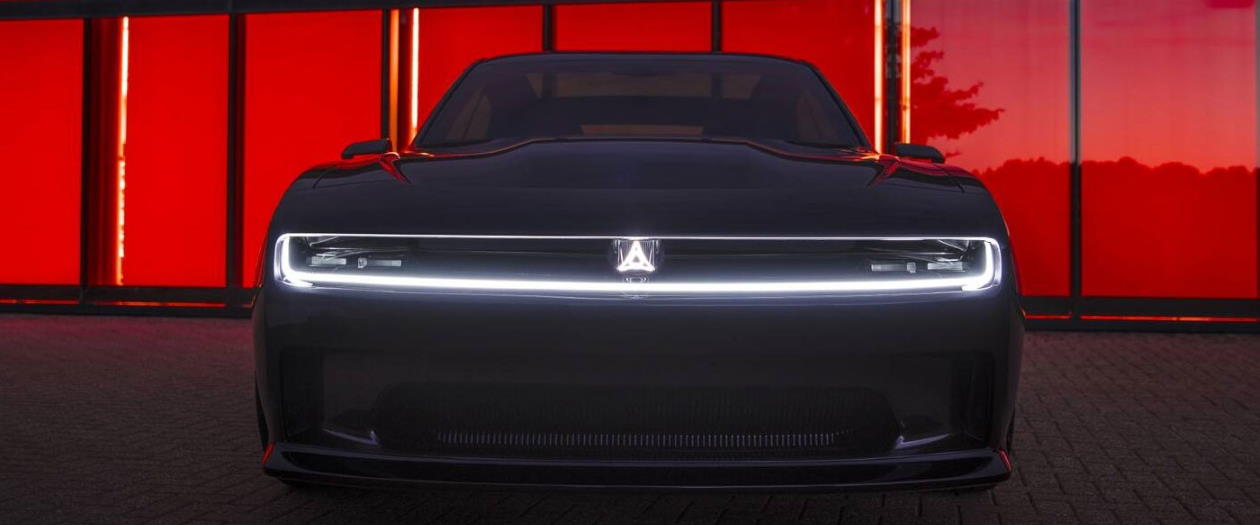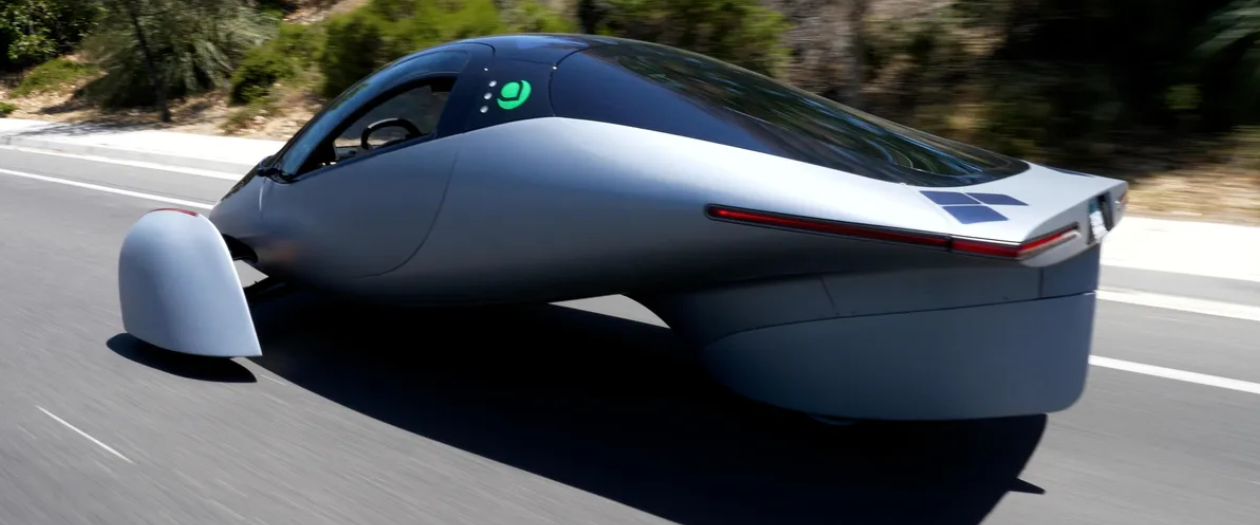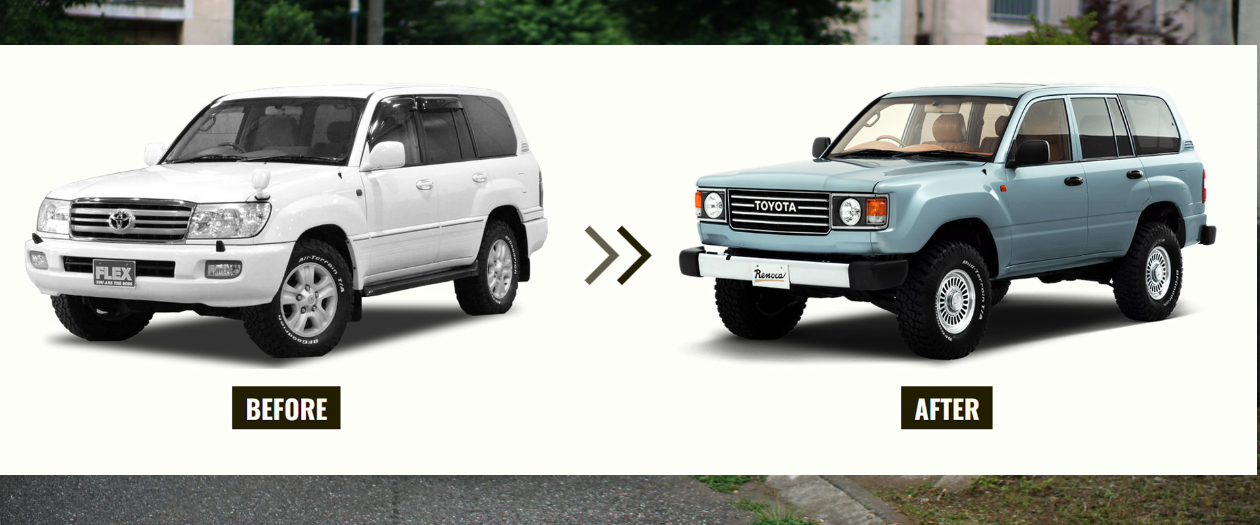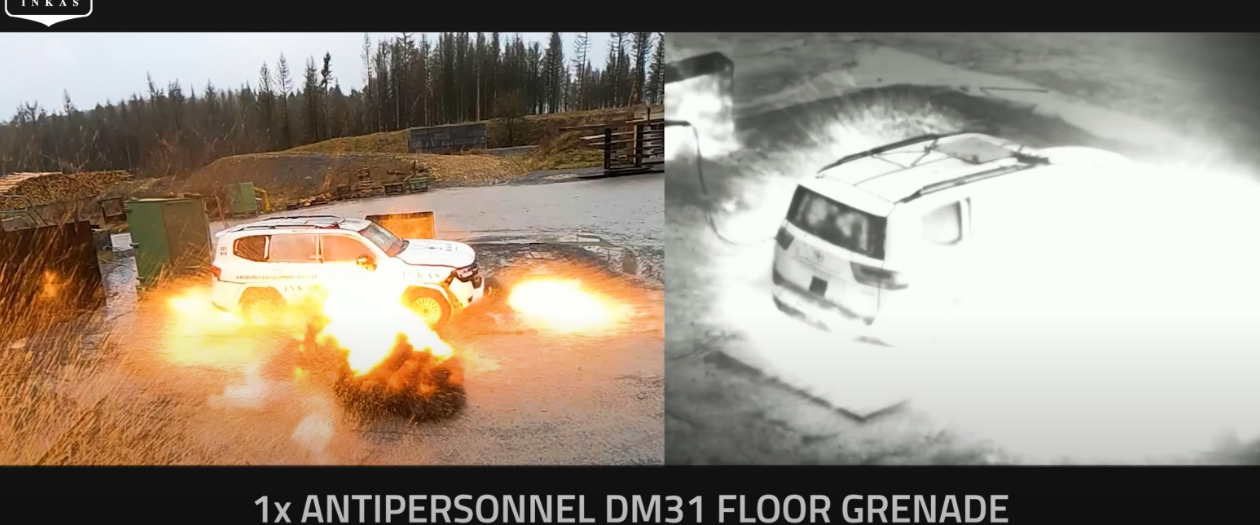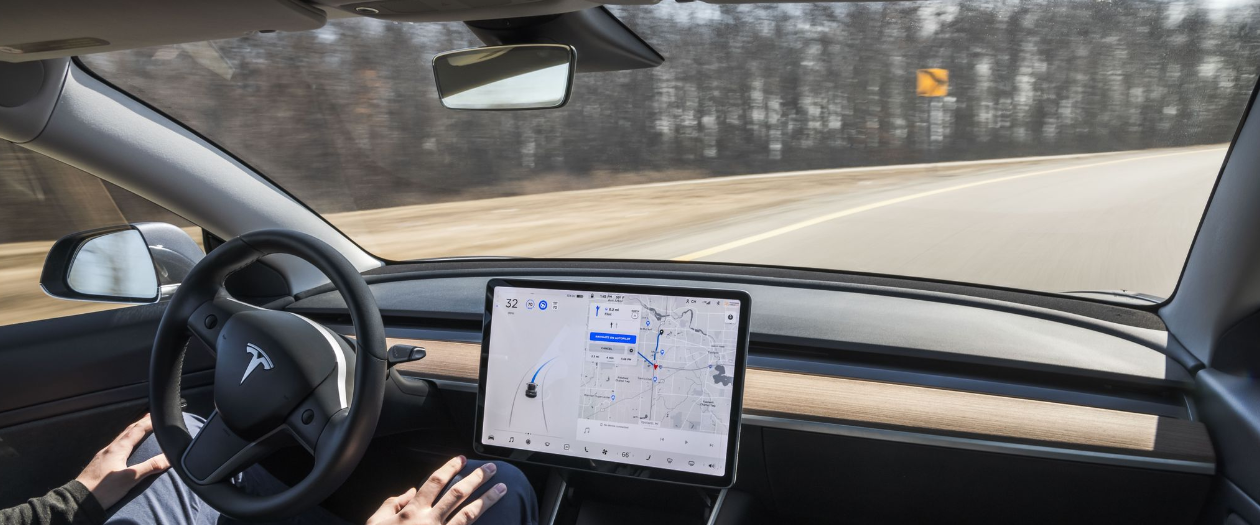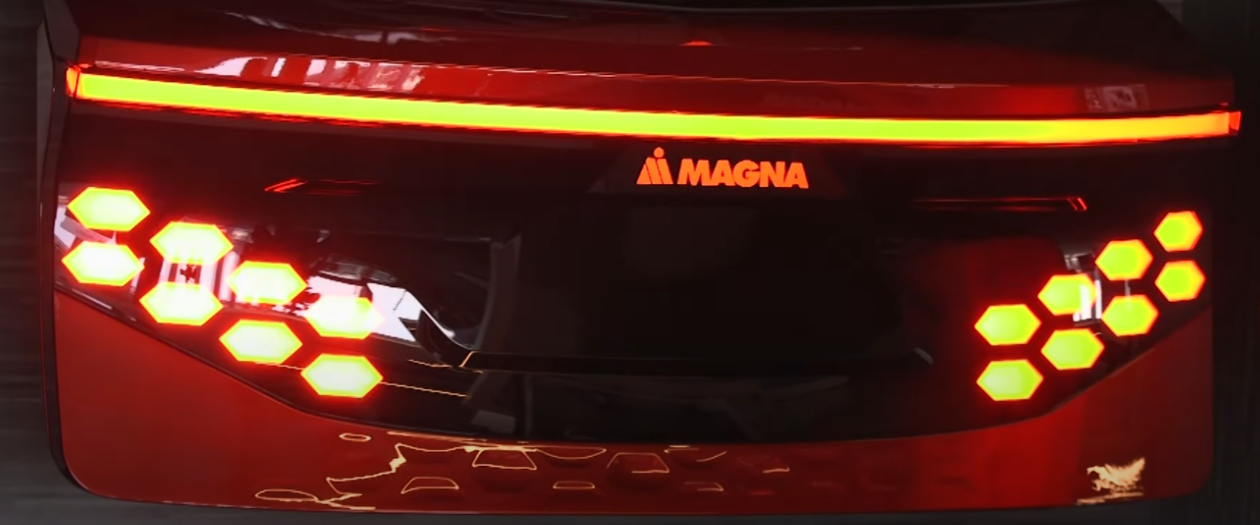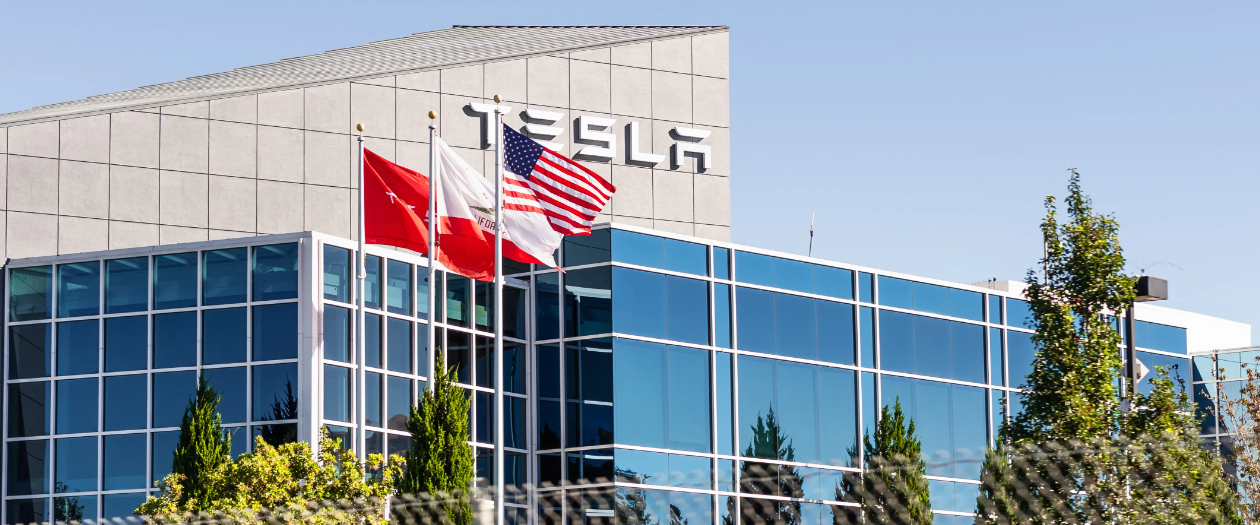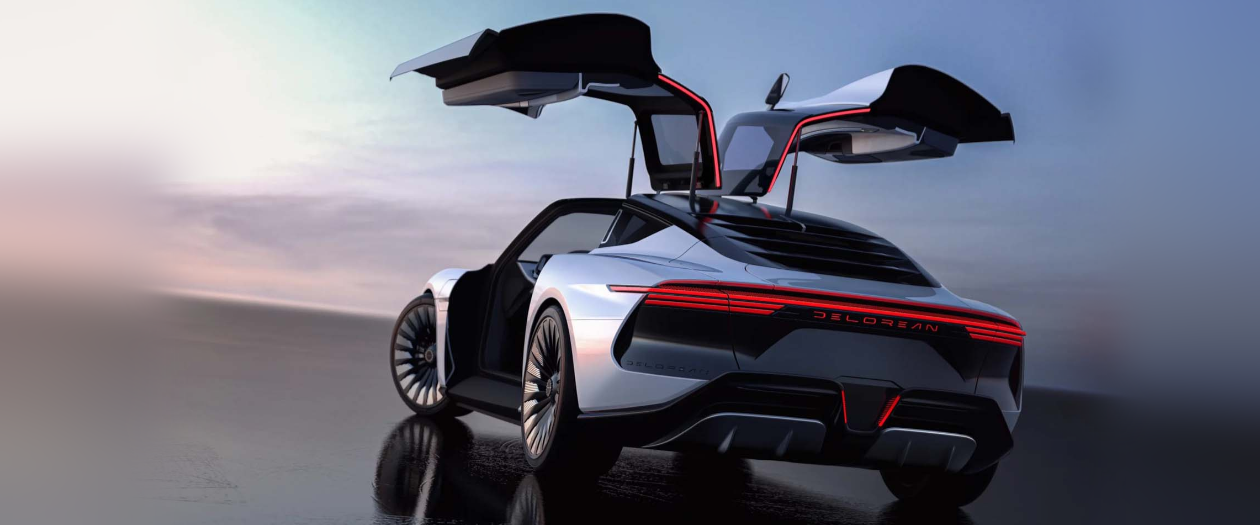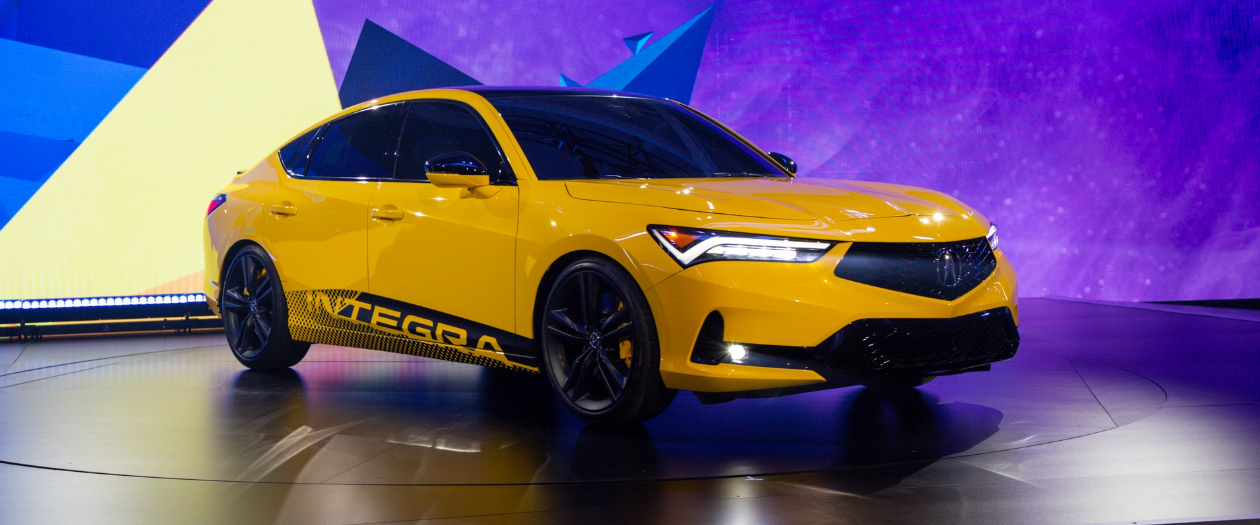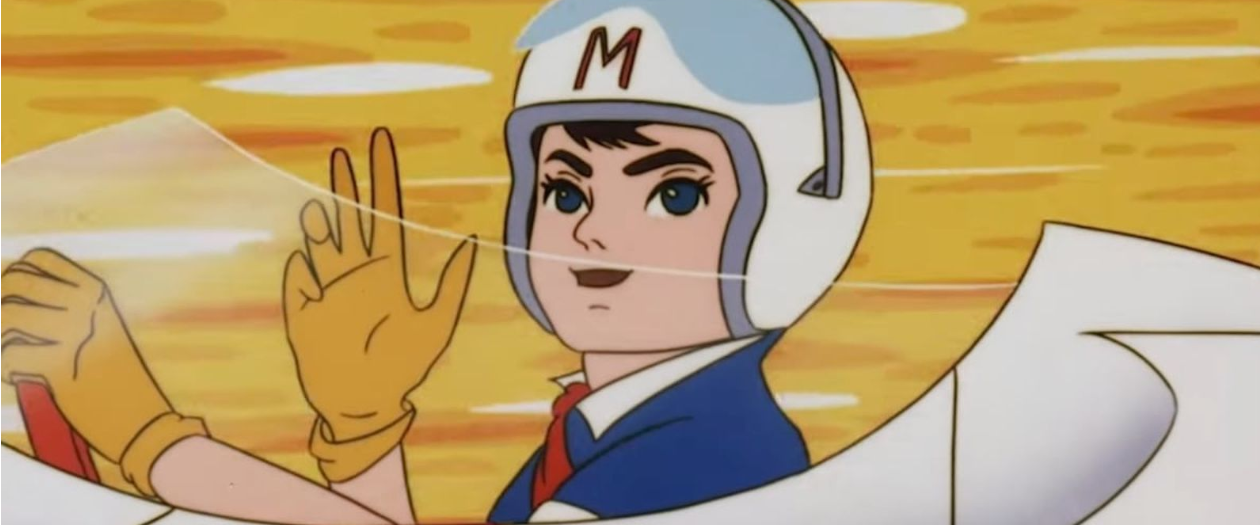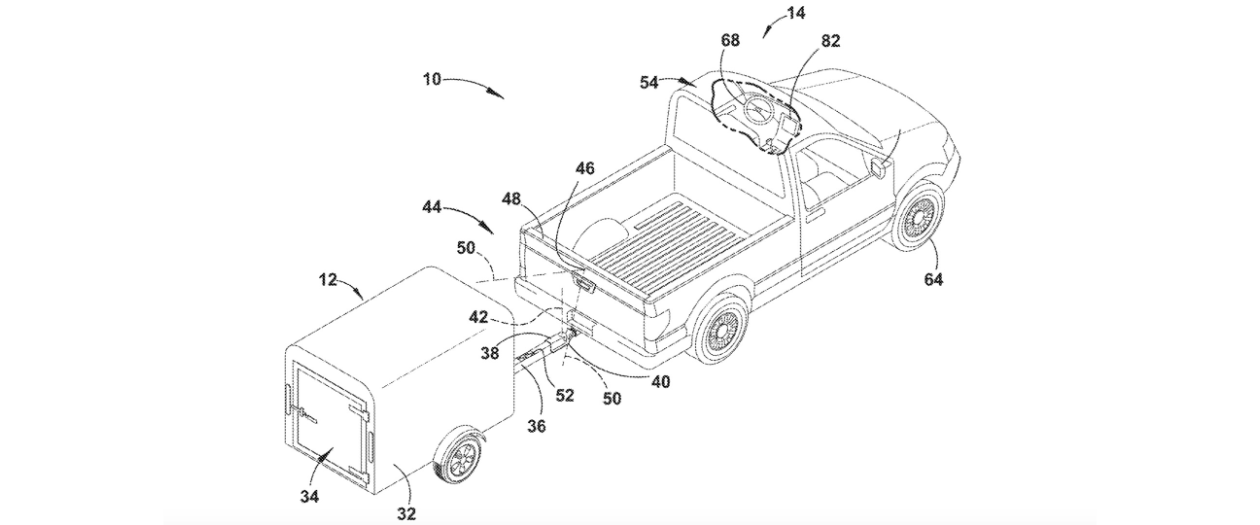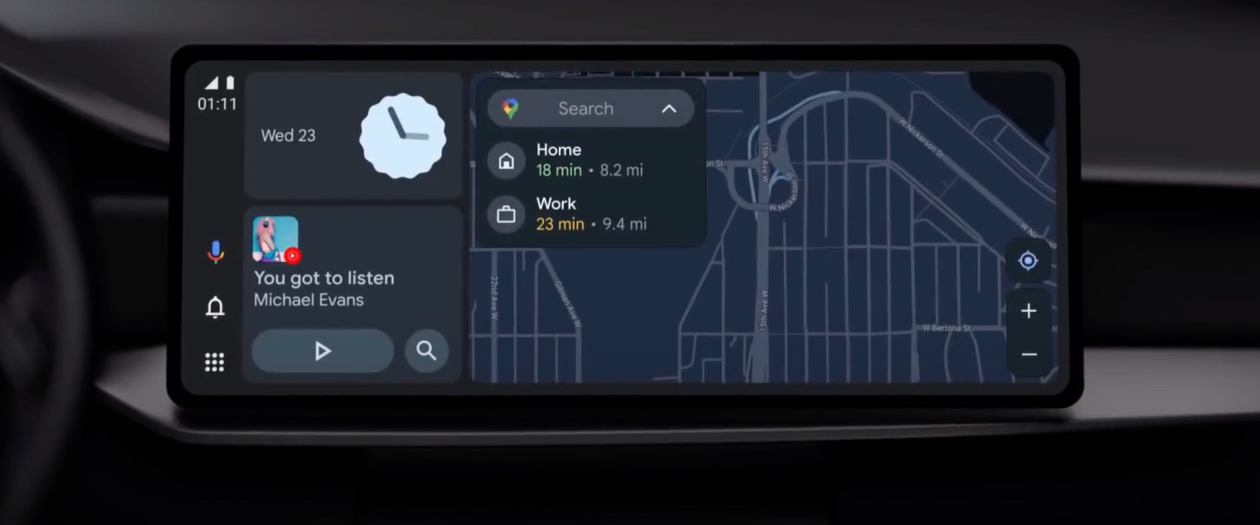Scrapes and scratches are a common, harmless, but still ultimately upsetting aspect of car ownership. So of course automakers would be looking for ways to fix the problem. What we didn't expect was that the hidden solution would be corn.
A new lacquer by Germany's Leibniz Institute for New Materials could automatically repair itself from scratches using heat naturally found in the driving process. According to an announcement on Wednesday, the special coating is derived from corn starch, utilizing a nanomer property that uses flexible molecules known as cyclodextrins.
Imagine a suit of chainmail armor. The entire suit is held together by countless small metal rings connected to each other. Now imagine that these rings had the ability to relocate themselves along the armor in order to patch up any holes. This is more or less what the cyclodextrins do in the lacquer. The process is sped up by heat, ideally 212 degrees F, but it can still work slowly at lower temperatures.
The limitation here is that if the scratch is too deep, such as car accidents and intentional damage, it may not be able to repair itself.
This might actually sound familiar already. This is because Panoz, an American sports car company, announced a similar "self-healing" paint system. They used a ceramic-based formula, however, which is far more costly than the corn-based prowess that the Institute is experimenting with.
Remember when automakers were trying to make vehicles run off of corn syrup? My how far we've come.
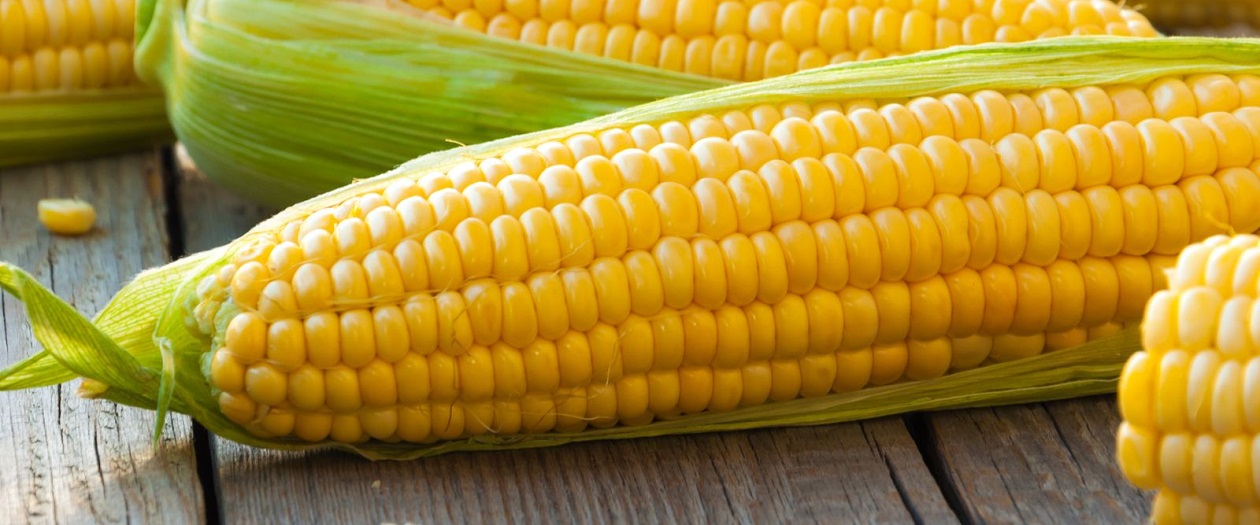
How Corn Can Keep Scratches Off Your Car
Posted By: LizardRock | 0 Comment(s)
Posted On: Mar 26, 2019 @ 02:13 PM

